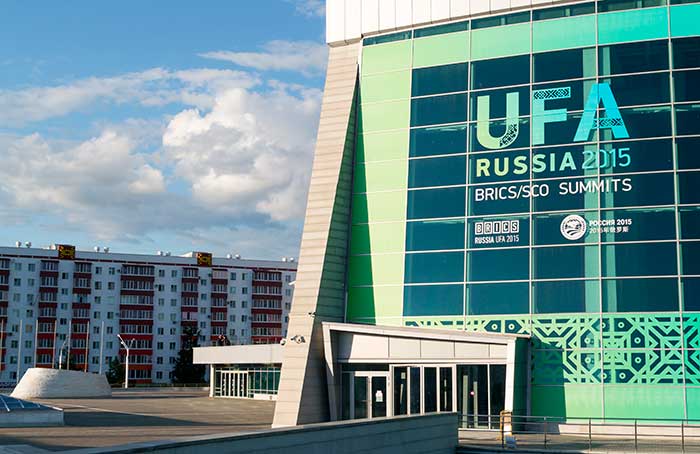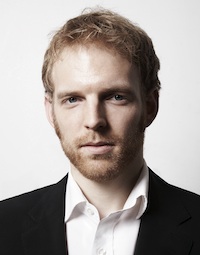p16-opinion-brics-russia-shutterstock_290386061.jpg

The 2015 BRICS conference was held in Ufa in Russia. The BRICS group is the first international body spanning continents without Western involvement. Photo: Shutterstock
Few things captured the spirit of global affairs in the first decade of the 21st century better than the BRICs concept, an investment category invented by Goldman Sachs’ Jim O’Neill in 2001. Emerging powers in the global south were starting to catch up, while the US and Europe were mired in the deepest economic crisis in decades. In 2009, the governments of Brazil, Russia, India and China started holding annual high-level summits, invited South Africa, and sought to institutionalise the BRICS (now with a capital S). The then Russian president Dmitry Medvedev called Yekaterinburg, where the summit took place, “the new epicenter of world politics.”
A few years later, though, the BRICS seemed to have lost their lustre. By 2014, emerging markets experienced massive capital outflow amid low commodity prices hurting growth in Russia and Brazil, political deadlock in South Africa and Brazil, and stock market turmoil in China. Many believed the BRICS idea had lost its usefulness – now that members were in trouble, was there a point in them jointly discussing the future global order?
Yet, to the surprise of many, the BRICS not only continued to exist but also started a process of institutionalisation, leading to regular ministerial meetings in areas such as education, health and national security, frequent encounters between presidents and foreign ministers and – perhaps most importantly – the creation of the BRICS-led New Development Bank (NDB), headquartered in Beijing, and the contingent reserve agreement, a financial safety net for times of financial crisis. The BRICS summit is now a major pillar of the yearly travel schedule of the nations’ presidents, irrespective of ideology. How can we explain this?
First of all, policymakers in Beijing, Delhi, Brasília and elsewhere understand that problems in markets do not invalidate overall trends. The total weight of developing countries (and the BRICS) in global affairs is increasing markedly, giving them unprecedented influence. Voicing optimism about emerging markets is not popular today, but neither was being confident about internet companies after the dotcom bust in 2001. China remains the single largest contributor to world gross domestic product growth, and it has long been the most important trading partner of other BRICS members, which recognise the group allows them to formalise political and economic ties to Beijing. For China, a platform that offers yearly meetings with photo ops and an internationally active development bank without Western interference is an asset, particularly given that most Chinese analysts believe a confrontation with the US in the coming decades is inevitable.
Geopolitics aside, the BRICS grouping has had significant benefits for members, creating a platform for policymakers in areas such as urban planning, water management and higher education, where they face common challenges but previously had few channels of communication with each other. The group can be seen as a first step to connect countries whose ties to each other had previously been marked by mutual ignorance.
The NDB, the group’s most visible achievement so far, will seek to address the major bottleneck in emerging markets – a lack of infrastructure. Perhaps even more importantly, it may increase emerging powers’ capacity to gain privileges of international leadership – it will soon lend to non-member countries – and slowly reduce the US’ institutional centrality and the unmatched diplomatic privilege that comes with this.
The BRICS group is the first international body spanning continents without western involvement. That, however, does not mean it is anti western. For its members, it is a useful way to help it diversify their partnerships and adapt to a more multipolar global order.
Did you enjoy this article?
to receive daily news from Public Finance International to your inbox














